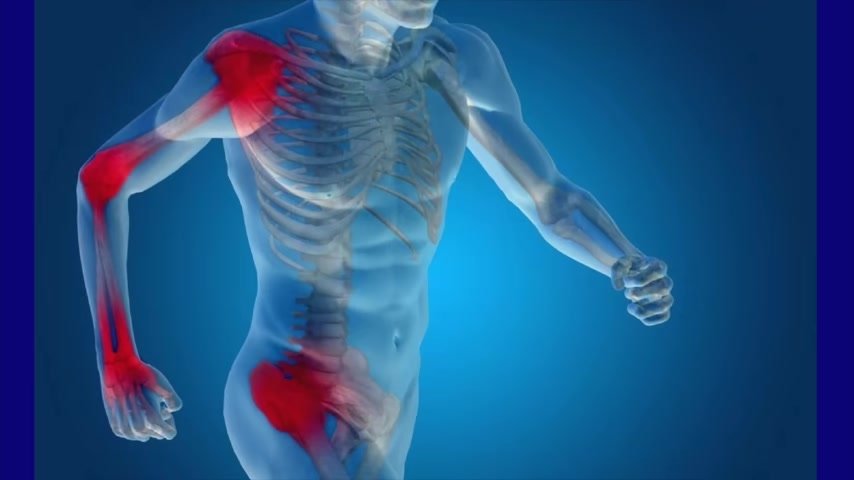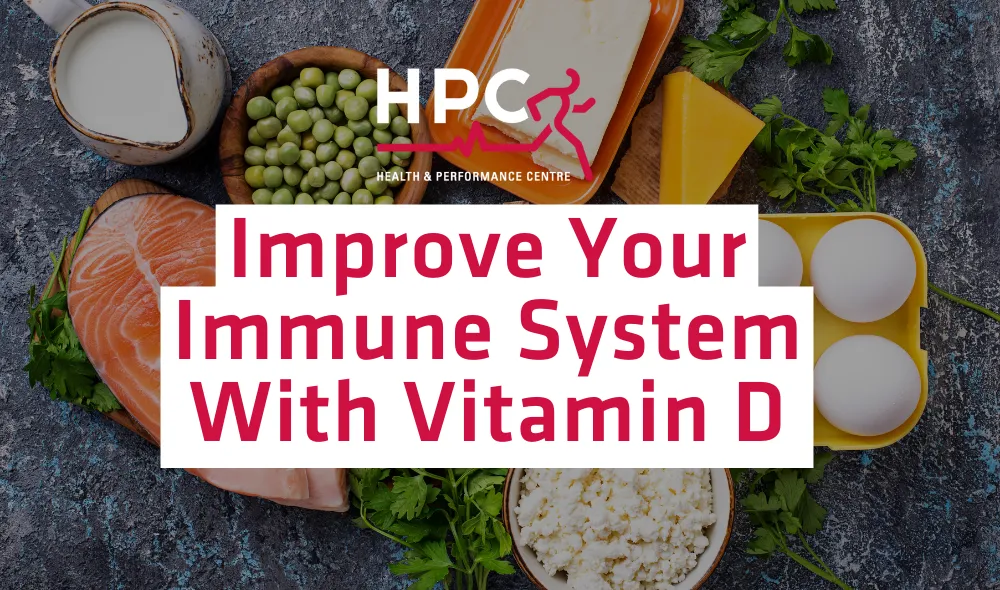Table of Contents
Discover how Vitamin D significantly influences your immune system in our latest blog post. Unveiling critical connections between Vitamin D and immune reactivity, we explore how deficiencies, especially prevalent in winter, can impair our body’s defenses against viruses and inflammatory diseases. From its role as a natural anti-inflammatory aiding against autoimmune conditions to being essential for producing antimicrobials like cathelicidins and defensins, Vitamin D is a cornerstone for robust immunity. Dive deeper into its therapeutic benefits, historical usage against infections, and why sunlight remains the supreme source for maintaining optimal levels. Boost your health knowledge now!
What vitamin D does to your immune system
Today we’re gonna talk about vitamin d in relationship to your immune system .
Now I had this idea that I already had this video , and I searched and I couldn’t find it .
There may be a video out that I just can’t find that I already did , but I’m just gonna do a video specifically on the immune system .
First thing you need to know is that vitamin d is intimately connected to every single immune reaction .
In fact , the white blood cells have the ability to make vitamin d active .
So vitamin d is very important .
In fact , viruses , as one of their strategies , is to downgrade or turn off the vitamin d receptor .
So you can’t get any more vitamin d because apparently they know that vitamin d is very , very important .
And so that’s one way that they thrive .
Causes of vitamin D deficiency

So vitamin d deficiencies occur when there’s not enough sun right in the winter .
Why do you think we have the spike of flu and other , viral infections ?
It’s because the vitamin d is low .
In fact , in the pandemic of 1918 , the Spanish flu .
It peaked in January , which is in the winter .
Now another thing that’s interesting about the winter months or basically between November March , we have much higher incidence of autoimmune diseases like lupus , MS , type 1 diabetes , rheumatoid arthritis , irritable bowel disease .
Why ?
The function of vitamin D for immune health
Because vitamin d is a natural kind of a steroid anti inflammatory , And so it has a key function in reducing inflammation .
When you have an autoimmune disease , the thing that really creates the damage is the inflammatory process .
So if you have enough d , you can have a lot less inflammation .
It’s the inflammation that causes all the collateral damage .
And what’s wild about this is our own body is creating damage .
And so that’s just it’s just really bizarre .
Vitamin d is a immunomodulator .
Okay ?
What does that mean , modulator ?
It means that it helps to normalize something that is too much or too little .
So it brings into a normal range .
And specifically , when we talk about like the cytokine storm where you have this hyper inflammatory condition , we have this overreaction , vitamin d can actually calm it down .
The key cell that’s involved with suppressing this these cytokines or these inflammatory compounds is the t regulatory cell .
Next thing I wanna talk about is there’s 2 compounds that your immune system makes as antimicrobials .
And both of these need vitamin d .
Vitamin d is essential in producing these two compounds .
The first one is called cathelicidins .

And cathelicidins are produced by the phagocytes , macrophages , and neutrophils to act as a weapon to kill off microbes .
And they tend to damage the wall of the cell , the cellular membrane of the pathogen , and punch a hole in it .
And if there’s not enough vitamin d , you’ll have just too much inflammation .
And one side effect would be psoriasis .

Many times people with psoriasis have gut problems and they can’t absorb vitamin d , in which case they need to take higher doses .
Next chemical is defensin .
You need vitamin d to make defensin .

Defensin is needed in the mucus membranes .
Breast milk has defensin .
It’s a very powerful antimicrobial .
If you don’t have vitamin d , this can also get out of control , and it can create rosacea .
Another remedy for rosacea , which is like the , reddish cheeks , vitamin d .
How vitamin D is used to fight off illness and disease
Now before antibiotics , doctors used a vitamin d compound in cod liver oil as the remedy to help infections like TB , for example .

So cod liver oil was used .
Sun was recommended for TB .
But then it came antibiotics , and then the cod liver oil was no longer talked about except by your grandmother .
Cod liver oil is a really good source of vitamin d and vitamin a for the mucus membranes and omega 3 fatty acids , DHA and EPA .
But the sun not only gives you vitamin d but it has other properties too that can help lower infection .
There are therapeutic benefits from the UV , light and other wavelengths including infrared .
Sources of vitamin D
I just wanna give you an overall understanding of the importance of vitamin d and also let you know that it’s virtually impossible to get your vitamin d from food .
You need to get it from sun , ideally .
And during the winter months , take it as a supplement .
DATA:
https://www.ncbi.nlm.nih.gov/pmc/articles/PMC6759203
key Points:
- Vitamin D is intimately connected to every single immune reaction. In fact, white blood cells have the ability to activate vitamin D.
- One effect that some viruses have on the immune system is to turn off vitamin D receptors. They know that vitamin D is important, so they prevent it from becoming useful so they can thrive.
- Vitamin D deficiencies occur when there’s not enough sun—like wintertime. This is one reason why we get a spike in the flu and other viruses in the winter. The Spanish flu pandemic of 1819 peaked in January.
- Between November and March, we have far more instances of autoimmune diseases, like lupus, MS, type 1 diabetes, rheumatoid arthritis, and inflammatory bowel disease.
- Vitamin D has natural anti-inflammatory properties. Inflammation is a huge contributor to things like autoimmune diseases.
- Vitamin D is also an immune modulator. It helps regulate your immune system, so it’s not working too much (like attacking healthy body tissue) and not too little (like not being able to fight off viruses).
- Vitamin D also helps create antimicrobial compounds, such as cathelicidins and defensin.
- It is virtually impossible to get enough vitamin D from food alone. You need to get vitamin D from the sun.




